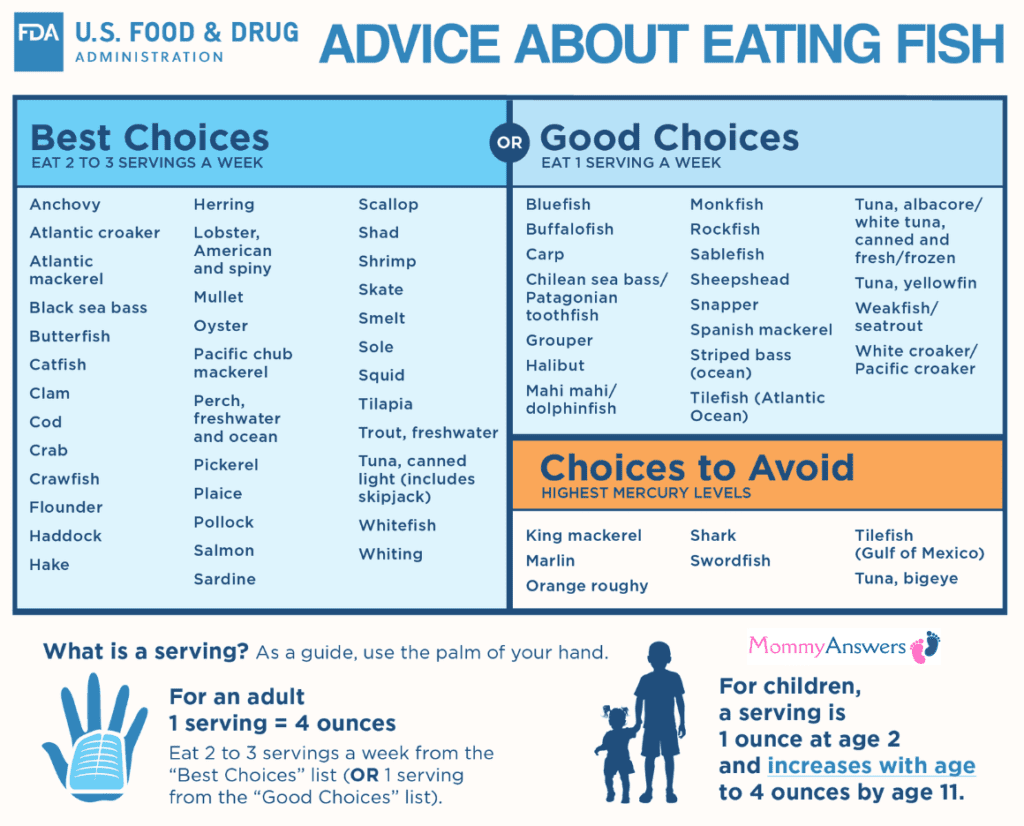Experiencing pregnancy is a wondrous journey filled with numerous guidelines and dietary limitations. A frequent concern for expectant mothers and a question we get asked often is “can you eat clam chowder while pregnant?” In this article, we will delve into the safety of enjoying clam chowder during pregnancy and discuss related topics, such as mercury content and the health advantages of canned clam chowder.
Is it Safe to Eat Clams While Pregnant?
Clams, a variety of shellfish, can be a tasty and nourishing addition to your meals. They are abundant in protein, vitamins, and minerals like iron, zinc, and vitamin B12, which are crucial for your baby’s healthy growth. Nonetheless, expectant mothers should be cautious when eating any shellfish, including clams, crab and lobster.


The primary concern with consuming clams during pregnancy is the potential for foodborne illnesses, such as listeria and vibrio. These bacteria can lead to severe complications for both the mother and the developing baby. To reduce the risk, always ensure you eat well-cooked clams and avoid raw or undercooked shellfish.
Can I Eat Seafood Soup While Pregnant?
Seafood soups, like clam chowder or fish stew, can be a nutritious and tasty choice for expectant mothers. Provided the soup is prepared with properly cooked, low-mercury seafood, it should be safe to eat. However, avoid soups containing raw or undercooked seafood, as they carry a risk for foodborne illnesses.


Is it Safe to Eat Clam Chowder?
Clam chowder, a popular soup made from clams, vegetables, and a creamy broth, can be a wholesome and safe meal choice during pregnancy when prepared with fully cooked clams and other safe ingredients. Be sure that the clams are well-cooked and the soup is heated to a minimum of 165°F (74°C) to eliminate any harmful bacteria.
Are Clams High in Mercury During Pregnancy?
Mercury is a toxic substance found in varying levels in seafood. High levels of mercury can be harmful to the developing fetus, causing cognitive and developmental issues. Fortunately, clams are considered to have low levels of mercury, making them a safer seafood option during pregnancy. The FDA recommends pregnant women consume 8-12 ounces of low-mercury seafood per week, including clams.
Is Clam Chowder High in Mercury?
As mentioned earlier, clams are low in mercury, and therefore, clam chowder is also considered a low-mercury dish. However, be cautious with other seafood ingredients that may be present in the chowder, as some fish are higher in mercury. Stick to low-mercury seafood options such as salmon, shrimp, or pollock when selecting ingredients for your chowder.
What Seafood to Avoid During Pregnancy?
During pregnancy, it’s crucial to avoid seafood with high levels of mercury. The FDA advises pregnant women to avoid the following types of fish:
- Shark
- Swordfish
- King mackerel
- Tilefish (Gulf of Mexico)
Additionally, limit consumption of albacore tuna to 6 ounces per week, as it contains higher mercury levels compared to light canned tuna.


Is Clam Chowder Fully Cooked?
Most store-bought clam chowder or clam chowder served in restaurants is fully cooked. However, it’s essential to reheat the chowder to a minimum temperature of 165°F (74°C) before consuming it to ensure that any lingering bacteria are eliminated.
Is Canned Clam Chowder Healthy?
Canned clam chowder serves as a handy and favored alternative for those in search of a speedy and tasty meal. However, is it a health-conscious selection? The answer predominantly hinges on the particular brand and its ingredients.
Generally speaking, canned clam chowder presents some health advantages since it contains clams, which provide a solid source of protein, vitamins, and minerals such as iron, zinc, and vitamin B12. These essential nutrients play a vital role in promoting overall well-being.
Nonetheless, it’s crucial to weigh certain factors that could influence the health value of canned clam chowder. For example, some canned versions might have elevated sodium levels, which can lead to high blood pressure and other health concerns if consumed in large quantities. Furthermore, specific brands could incorporate artificial additives or preservatives that might not align with a nutritious diet.


To ensure the most favorable choice, thoroughly examine the nutrition labels and ingredient lists of the canned clam chowder options you’re evaluating. Choose those with reduced sodium levels and minimal artificial components.
Conclusion
In conclusion, the question of whether you can enjoy clam chowder while pregnant has been thoroughly explored, and the answer is a resounding yes, with some precautions. Clam chowder can be a nutritious and delicious meal option for expectant mothers, thanks to the clams’ rich protein, vitamins, and minerals content. However, it’s essential to ensure that the chowder is made with thoroughly cooked clams and low-mercury seafood ingredients to minimize the risks of foodborne illnesses and mercury exposure.
By selecting canned clam chowder with reduced sodium levels and minimal artificial ingredients, you can enjoy a healthy and satisfying meal during your pregnancy journey. Remember to always consult your healthcare provider for personalized dietary advice, as each pregnancy is unique. So, go ahead and relish a comforting bowl of clam chowder, knowing that you are making a safe and nourishing choice for you and your growing baby.

